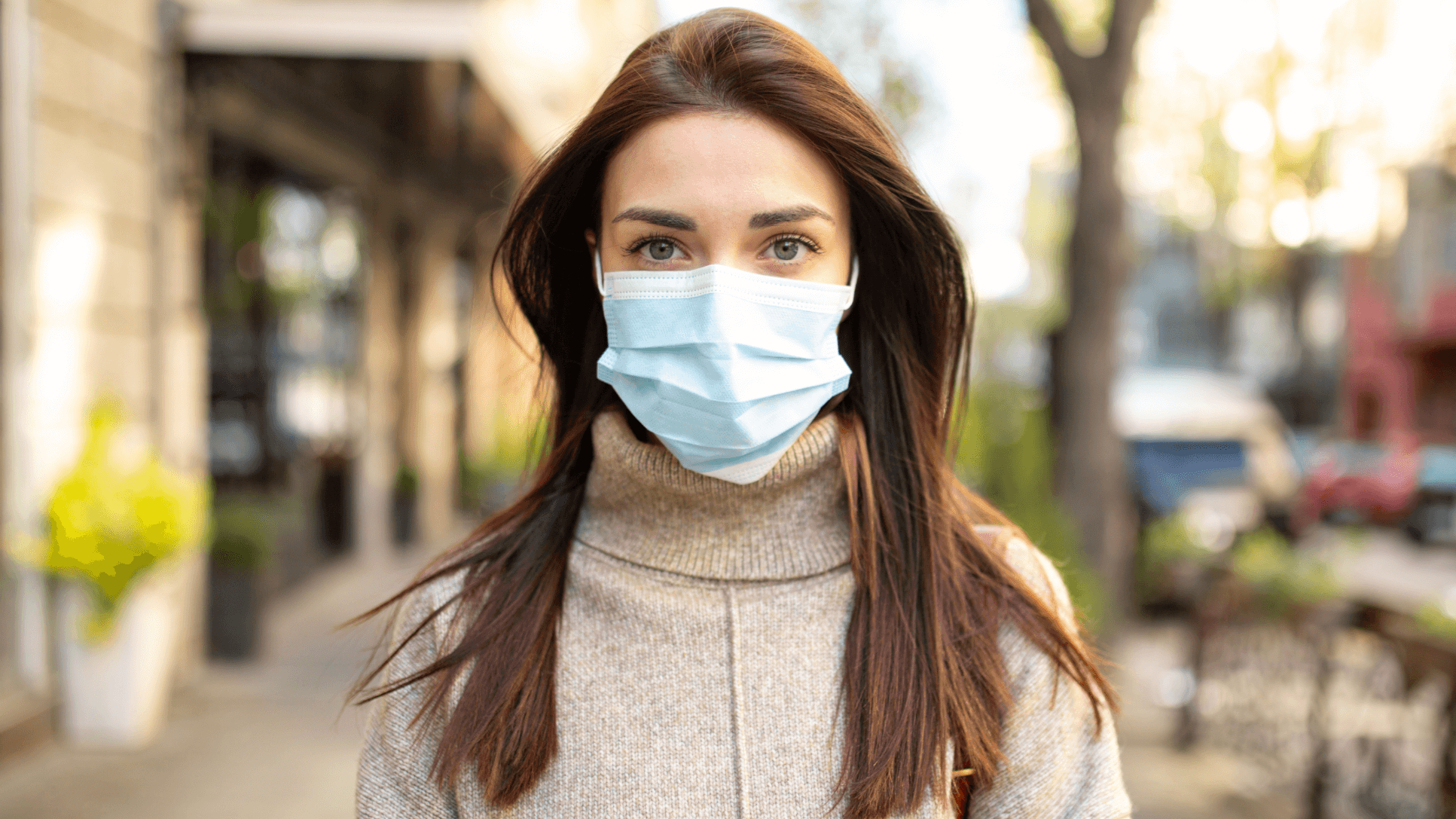
What to do If You’ve Been Exposed to COVID-19
COVID-19 has dramatically impacted all of our lives. At Health Services of North Texas in Denton, Plano, and Wylie, TX, we want to provide peace of mind by keeping you up to date on the latest information during the pandemic. If you have been exposed to someone with COVID-19, you may have questions on what to do next. Our group has compiled research from some of the best, reliable resources to ensure your family remains healthy and safe. Based on guidance from the Centers for Disease Control and Prevention (CDC) and Harvard Health, we have listed the essential steps to take for those recently exposed to COVID-19. We proudly offer COVID-19 testing via appointment for patients who experience COVID-19 symptoms. Please read through the most commonly asked questions about exposure to COVID-19.
How is COVID-19 spread?
According to the CDC, COVID-19 is transmitted primarily through close contact between individuals. The disease is easily transferred from an infected person through droplets in coughing, sneezing, and talking. Additionally, you have probably heard the term asymptomatic on TV, but this means you can still carry and spread the virus to others, even if you do not have active symptoms. Because of these factors, we highly recommend that you practice social distancing, limit group sizes, and proactively wear a mask in public, which helps prevent contracting and spreading the virus. A mask protects you and others from catching the disease.
What is considered exposure to COVID-19?
If you have been in close contact with a person who has symptoms, tested positive, or is asymptomatic for at least 15 minutes within 24 hours, you run the risk of catching COVID-19, and you need to quarantine. Close contact includes:
- Not maintaining at least six feet distance
- Assisting someone with COVID-19
- Sharing, eating, or drinking after a positive individual
- Transmitting it through respiratory droplets in sneezing or coughing
Patients who have come into contact with a positive person should quarantine and self-isolate from others for 10 – 14 days. While the CDC highly recommends a 14-day quarantine, they also recognize that it might burden many individuals. If you have not experienced symptoms within ten days and even without a COVID-19 test, you can stop your quarantine and resume your daily activities. Additionally, you may stop quarantining after day seven with no new symptoms and a negative test within 48 hours of when you plan to stop isolating. Symptoms of COVID-19 include coughing, congestion, fever, body aches, smell and taste loss, fatigue, shortness of breath, upset stomach, diarrhea, and sore throat.
How long is COVID-19 contagious?
During the first part of COVID-19, patients are considered to be the most contagious. According to Harvard Health Publishing, “people can be contagious 48 hours before starting to experience symptoms.” While self-isolating, we highly suggest staying in a designated room, using a different bathroom (if possible), and wearing a mask around other members of the household.
If you start to exhibit symptoms, please be sure to get plenty of rest, drink water, and take vitamin C, zinc, and vitamin D. However, if you start to experience any breathing issues or tightening in the chest, please contact us as soon as possible or contact 911 for emergencies.
Knowledge is power.
Your safety and health are our priority at Health Services of North Texas in Denton, Plano, and Wylie, TX. If you have additional questions about treating COVID-19 or how long is COVID-19 contagious, please schedule an appointment with one of our expert physicians. We want you to feel knowledgeable about COVID-19 and how to protect you and your family during the pandemic.